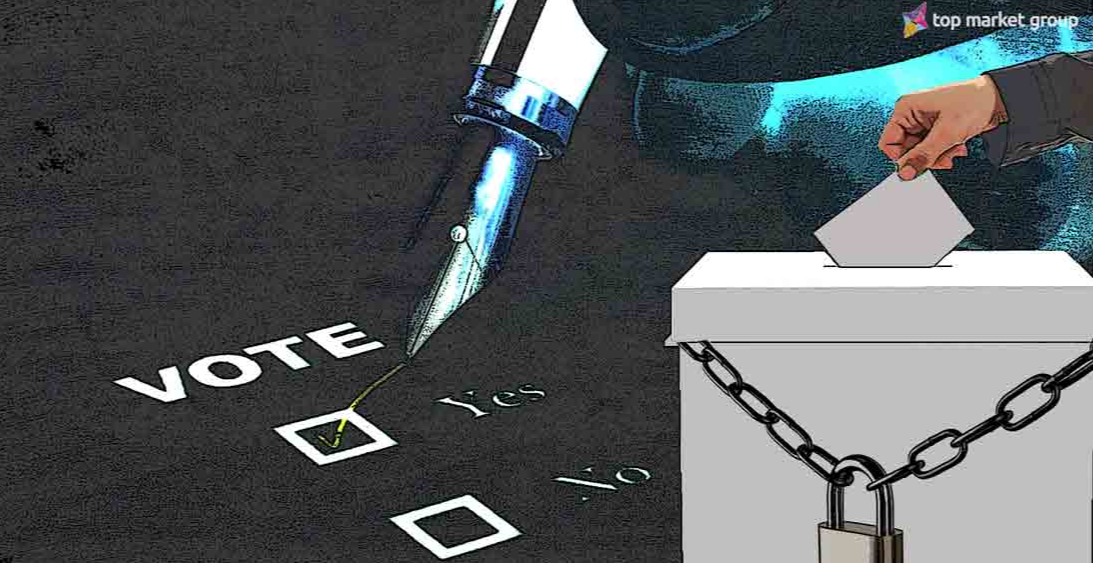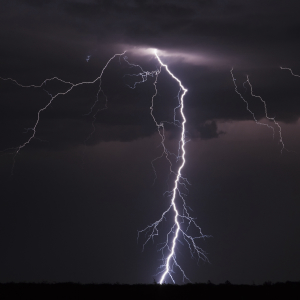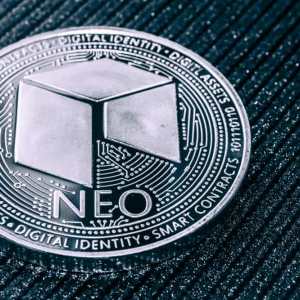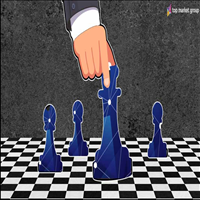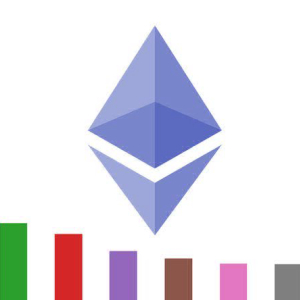The Secretary of State of the U.S. state of West Virginia macintosh Warner reported a eminent initial instance of remote blockchain balloting in an official announcement November. 15.
Warner declared that within the 2018 midterm elections, 144 military personnel stationed overseas from twenty four counties were able to cast their ballots on a mobile, blockchain-based platform known as Voatz, adding:
“This may be a first-in-the-nation project that allowed clothed services members and overseas voters to use a mobile application to forged a ballot secured by blockchain technology.”
Voting for the overall elections on the platform started in September, once absentee vote opened in West Virginia.
The first trial of the new platform happened throughout the state’s primary elections in April. Blockchain-based ballots were then restricted to a choose cluster of voters like deployed military members and different voters eligible to vote traveller below the clothed and Overseas voters traveller vote Act (UOCAVA) and their spouses and dependents.
The Voatz system was at first developed to deal with the difficulty of low elector participation among members of the military. as per Symantec — the firm behind the Voatz system — only 368,516, or 18 % of the 2 million service members and their families serving overseas received ballots in 2016. once counting rejections and unpunctual ballots, only 11 % of said votes were counted.
While Warner noted the project’s success, his deputy chief of employees Michael Queen told the Washington Post that they need no plans for increasing the program beyond military personnel serving overseas:
“Secretary Warner has never and can never advocate that this is often a solution for mainstream vote.”
According to information from the united states Elections Project, West Virginia ranks 44th of 50 states in elector participation at 42.6 percent.
Some specialists have expressed concern over the security of mobile balloting. Joseph Lorenzo Hall, the Chief engineer at the center for Democracy and Technology, claimed:
“Mobile vote may be a horrific idea. It’s web vote on people’s awfully secured devices, over our alarming networks, to servers that are terribly tough to secure while not a physical paper record of the vote.”
Conversely, Bradley Tusk of Tusk Montgomery Philanthropies has inspired mobile vote, stating that it will prove a lot of voters, and as a result, “democracy would work a lot higher.” Tusk Montgomery Philanthropies helped fund the Voatz app’s development.
